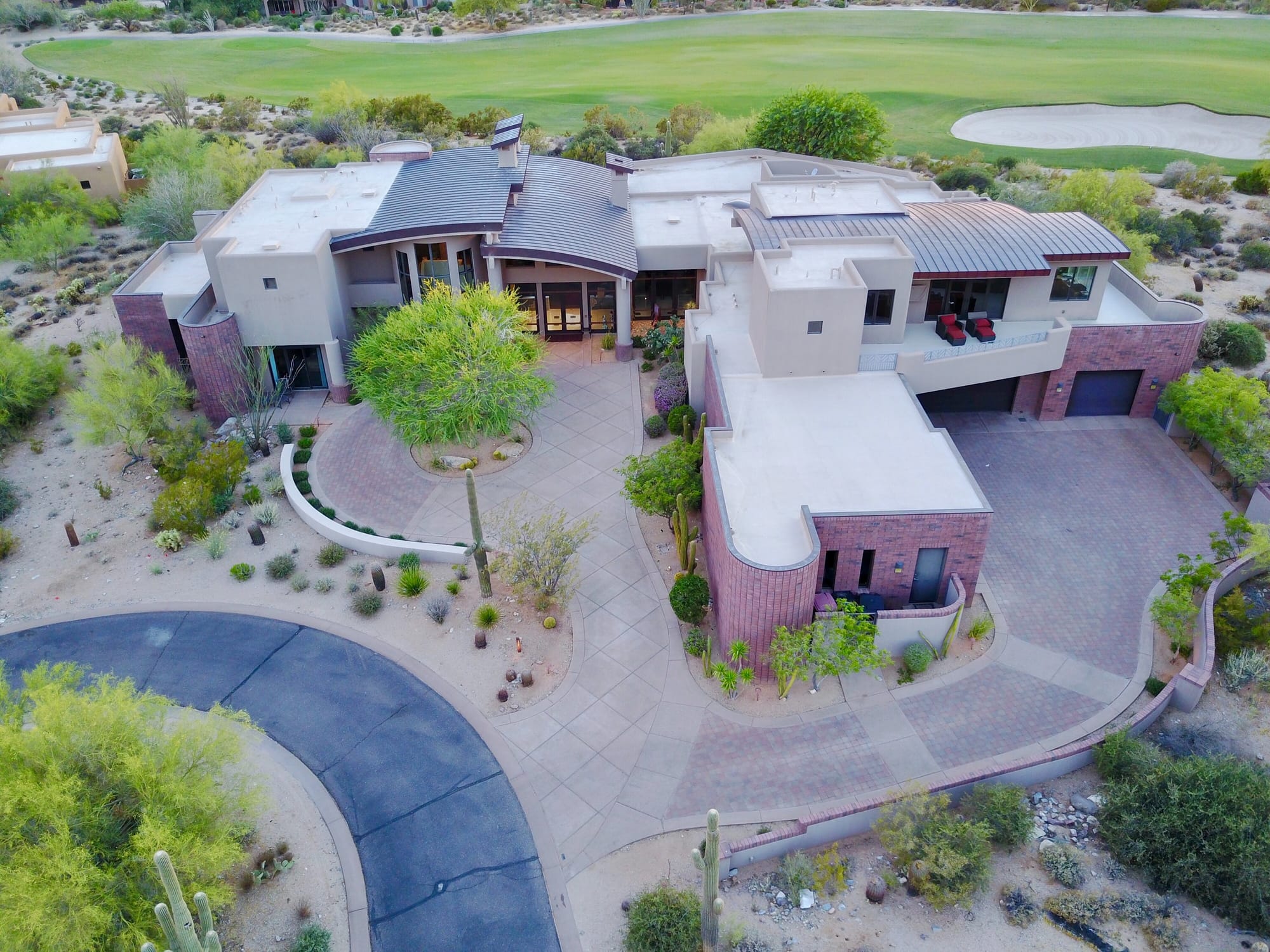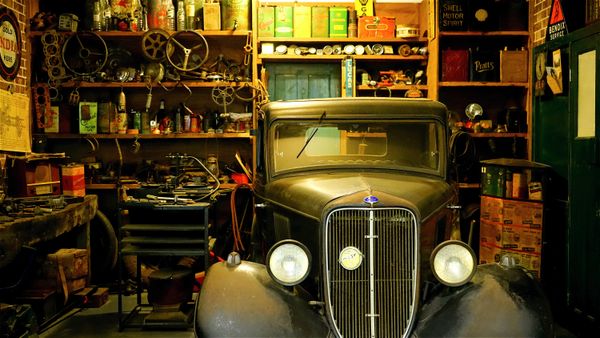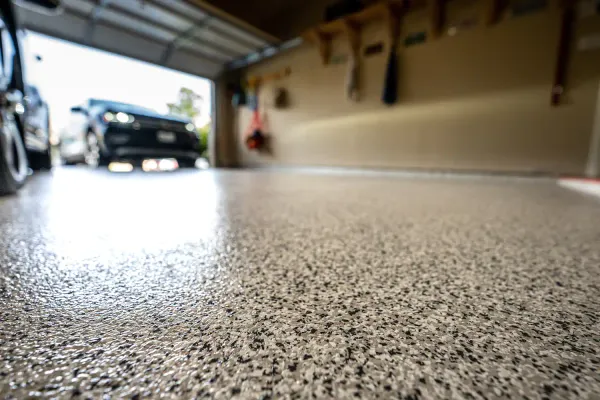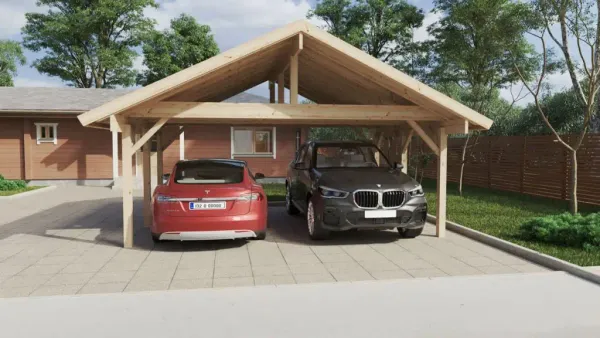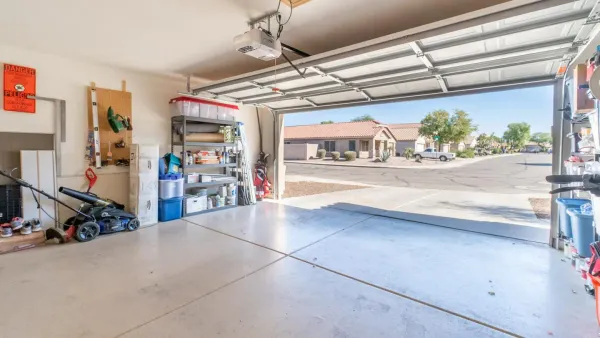Buying a motorcoach is a significant financial investment. Homes on wheels aren’t cheap.
With that said, they can improve your lifestyle enormously. Instead of being tethered to one place, you can go where you want, almost without limitations.
However, you’ll need to consider more than the features you want your motorcoach to have. You’ll also need to prepare your property to accommodate it. These vehicles can be enormous, particularly if you get one that will serve as a second home, offering all the supplies you need for weeks or months on the move.
If you’re not sure how to prepare your home for a motorcoach, this post can help. We look at everything you need to do to make life on the open road sheer joy while providing plenty of space for the vehicle and avoiding irritating the neighbors.
Here’s everything you need to do:
Work Out What You Need
The first step is to consider what type of motorcoach you need. That will determine the extent of modifications and adjustments you need to make to your home.
Some people only need a small RV for weekend trips and getaways. These are usually no larger than a standard van and don’t require much, if any change to your property. However, if you want to travel with more than four people or take additional vehicles with you, you’ll want something much larger. Today’s modern motorcoaches replicate all the creature comforts of home, giving you something that feels great when you get back to it, regardless of how long you’ve been out or the temperature outside.
If you’re not sure what type of RV you need, think about the trips you imagine taking. Bigger models are essential for longer cross-country drives or when you want to spend a couple of weeks on the road.
You also want to think about how much personalization you want your motorcoach to have. More expensive and extensive models have more options, with many being made to order.
Check Your Home’s Accessibility
Next, you’ll want to check your home’s accessibility. While you can modify the routes around your property, you can’t alter the public roads. Therefore, it is essential you check your motorcoach can fit down any narrow country lanes or drive up steep hills to your home.
Once on your property, your motorcoach should have a clear and level place to park, preferably indoors. The area should also be free from obstacles and allow the vehicle to turn around or back out if necessary. Again, you’ll need to measure up the area to check that you have enough space. While there might be plenty of room for a regular car or 4x4, motorcoaches are significantly larger, with some the size of 50-person coaches.
In some cases, you will have sufficient space on your property, but the surface is inappropriate. In these instances, you’ll want to add on ramps or extend the area of your existing driveway so you have room for the vehicle to move around and turn.
Tell Your Neighbors Your Plans
The next (and possibly hardest step) is to tell your neighbors about your plans to keep a luxury motorcoach on your property. You’ll want to check that it doesn’t impose on their properties, hurt their lines of sight, or generally get in their way, particularly if you have a shared access route.
You’ll also want to check with any local ordinances or homeowner association rules. These can be quite strict.
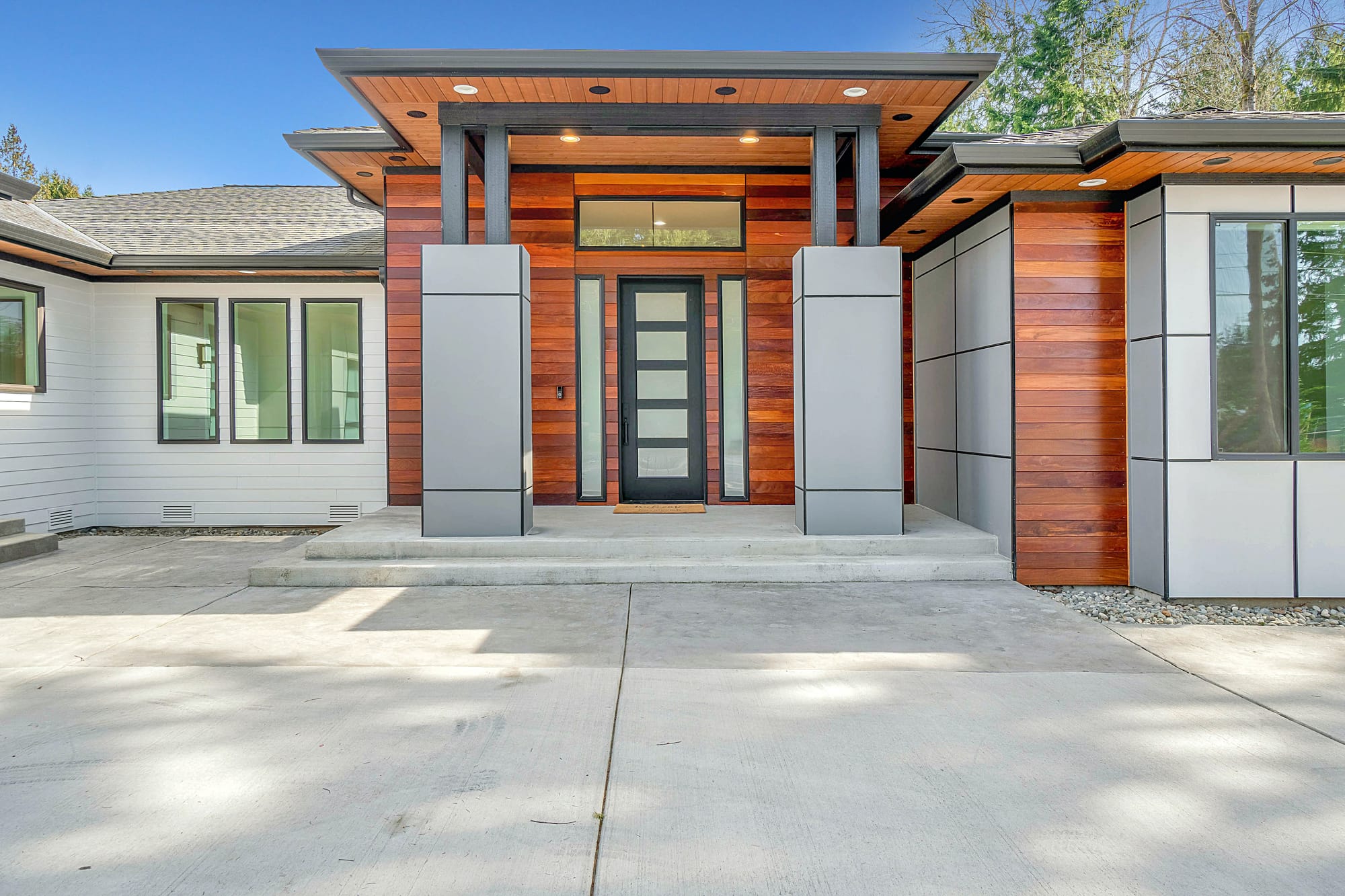
Ensure Proper Privacy And Security
You’ll also want to ensure proper privacy and security for your new motorcoach. Larger models are sometimes a target for crime because of their contents and street value.
Ideally, you should keep your motorcoach inside, hidden from view, until you need to use it. However, you can also keep it behind a high fence or under shade in a carport.
Many owners invest in motion-sensing cameras to protect their RVs and tell local law enforcement about the fact that they keep the vehicle on their property. These can provide an early warning, just in case someone climbs over the security fence or wanders onto your property.
Choose The Ideal Parking Location
You’ll also want to choose the ideal parking location for your motorcoach on your property. Generally, this will be close to the driveway. Don’t leave the RV in a muddy field where the elements and weather can get to it. That’s not a smart strategy. Also, ensure you can maneuver and maintain the vehicle in the location where you keep it. Ensure it is close to utilities and has proper connections for water, electricity, and waste. You’ll need to connect it to these every time you park it to remove all the sewage, onboard new water, and charge the batteries.
When choosing a parking location, you should also consider the level of sun exposure, particularly if you want to leave it outdoors for extended periods. Ultraviolet light can damage certain materials on the motorcoach over time, particularly plastic fitting and the paintwork.
Therefore, try to provide the vehicle with shade. If you can’t do that, buy a cover for it during the off-season or when you’re not using it.
Finally, don’t pick an area with overhanging branches. These can fall on your motorcoach and damage it. Make sure you keep it away from leaves and twigs that could foster the growth of mildew and moss on any rubber seals or exterior components that might violate your RV extended warranty.
Use Proper Leveling Equipment
When keeping a motorcoach at home, it is also essential to ensure you have the proper leveling equipment at your property to keep the vehicle steady. Allowing it to tilt to one side or another is potentially dangerous. Use a combination of jacks and supports to make sure that it stays parallel with the ground over time, particularly if parking it on uneven surfaces.
Add Plenty Of Storage Space
While you can keep items on your motorcoach, most owners prefer separate storage bays for all the materials and gear they need to take with them on trips. These designated storage areas mean that you only have to take things you need for a specific trip, not everything at the same time. For example, if you are going fishing for a week, you don’t need to keep bikes, kayaks, and skis in the motorcoach, too.
Don’t be afraid to build a large outbuilding on your property with the proper security to accommodate all this gear. Metal barns are an excellent option as they are inexpensive to build and provide maximum interior space for all your items.
Install The Grounding And Electrical Connections You Need
Your motorcoach will also require a grounding box with the proper electrical connections, allowing you to charge any batteries and use its appliances when stationary. Grounding can also prevent storms or static from damaging your motorcoach by ensuring that any charge can immediately travel to Earth.
Installing these grounding stations isn’t expensive and you can discreetly include them on your driveway without significantly altering your home’s appearance. You can also adjust them to include additional features, such as auto-power off when you finish charging the battery and circuit breakers to protect people from electric shocks while using onboard equipment.,
Consider A Rental Agreement
If modifying your property to accommodate a motorcoach sounds like a lot of work, that’s because it is. You may need to spend more on your house than the vehicle itself.
That’s why it is always worth considering taking out a rental. These companies will usually supply you with a driver and vehicle suitable for your chosen destinations. Critically, you don’t need to worry about managing them at home. Instead, you use them when you need them.
Rental motorcoaches aren’t the same as having your own and you’ll pay by the day. But they can be a fabulous way to avoid modifying your home or annoying the people who live around you.
Create A Motorcoach File
Finally, you might want to create a motorcoach file at home that includes all the documentation you need. Taking detailed photographs of its exterior and interior helps you keep track of any damage. You should also keep any warranties or rental agreements in a separate cabinet so you can refer to them in the future if there are any claims or disputes.
Wrapping Up
Preparing your property for a new motorcoach becomes progressively more challenging as the motorcoach gets larger or the property is smaller. While fancy solutions exist, such as subterranean storage, these are notoriously costly and may not provide a great deal of benefit. You also need to carefully check whether there are any rules against motorcoach ownership in your area, or if you are free to keep one on your property.
If you want your motorcoach to have a mailing address, you can arrange this while you are away. Many services will forward mail to your new location, provided you give them sufficient notice of where you intend to stay.

